Afghan government offers power-sharing as Taliban take Herat, Kandahar
Afghan government negotiators in Qatar have offered the Taliban a power-sharing deal in return for an end to fighting amid the militants' rapid advances across the war-torn country.
A government source told media outlets on Thursday that the administration of President Ashraf Ghani had offered the Taliban a share in power, as long as the violence comes to a halt.
"Yes, the government has submitted a proposal to Qatar as mediator. The proposal allows the Taliban to share power in return for a halt in violence in the country," the source was quoted as saying.
It was not clear to what extent the reported offer differed from terms already discussed at stalled talks in the Qatari capital Doha.
Reacting to the development, Taliban spokesperson Zabihullah Mujahid said he was unaware of any such offer but ruled out sharing power.
"We won't accept any offer like this because we don’t want to be partner with the Kabul administration. We neither stay nor work for a single day with it," he said.
The Taliban took over Herat, Afghanistan's third-largest city, on Thursday and seized another district capital just 150 kilometers from Kabul. Unconfirmed reports said much of the city of Kandahar has also fallen to the militants.
Herat – about 150 kilometers from the Iranian border – is home to veteran warlord Ismail Khan, who for weeks has been rallying his forces to make a stand against the Taliban and was seen by many as Herat's last hope.
A senior security source from Herat told AFP that government forces and administration officials had retreated to an army barracks outside the city.
"We had to leave the city in order to prevent further destruction," he said.
A Taliban spokesman, however, tweeted "soldiers laid down their arms and joined the Mujahideen."
An AFP correspondent had earlier filmed the Taliban flag flying over the police headquarters in Herat, while the insurgents tweeted "the enemy fled... Dozens of military vehicles, weapons and ammunition fell into the hands of the Mujahideen."
Further details of the Taliban's presence in the city were not immediately available, but it has been under siege for weeks.
Fighting was also raging in Kandahar and Lashkar-Gah -- pro-Taliban heartlands in the south, AFP reported.
An official in Lashkar-Gah said Taliban fighters were inching closer to government positions after a massive car bomb badly damaged the city's police headquarters Wednesday evening.
In Kandahar, the Taliban said they had overrun the heavily fortified jail, saying "hundreds of prisoners were released and taken to safety."
Earlier on Thursday, the Taliban took control of Ghazni, the capital of the province of the same name, about 130 km southwest of capital Kabul.
The militants seized key government offices, including that of the governor's office and the police headquarters. They also broke into the province's central prison.
Ghazni sits on the major Kabul-Kandahar highway and its fall provides the militants with a route to the national capital from their strongholds in the south.
The Taliban captured the central prison in Kandahar during overnight fighting and freed inmates from the facility, including hundreds of militant detainees. The prison was under a relentless Taliban attack since Wednesday.
Earlier this week, the militant group overran a number of northern provincial capitals by aggressively pushing back the demoralized Afghan forces.
Thousands of families have now fled from the fallen provinces to escape violence, hoping to find refuge in Kabul.
For years, the north was Afghanistan's most peaceful region, with only a minimal Taliban presence. The militants' strategy appears to be to take the north, and border crossings in the north, west and south, and then close in on Kabul.
A new US military assessment on Thursday said the Taliban could isolate Kabul in 30 days and potentially take it over in 90 days.
Afghan government forces have collapsed even more rapidly than thought just a few months ago. The Taliban's success has fueled fears that the militants could come to power by force rather than through long-stalled peace talks.
Afghanistan’s former President Hamid Karzai, in a recent exclusive interview with Press TV, said that the US military presence in the country on the pretext of fighting terrorism has caused “immense suffering” to the civilians and the country's infrastructure.
Fighting between the Taliban militants and Afghan government forces has significantly soared since May, when the US-led troops started withdrawing from the country.
Former US president Donald Trump agreed to pull out forces from Afghanistan under a deal with the Taliban last year. The militants pledged not to attack the withdrawing foreign forces, but they made no promise not to attack Afghan government forces or people.
The United States has been withdrawing forces from Afghanistan in a hasty plan devised after two decades of war and occupation. Pentagon spokesman John Kirbys has recently said it was down to the Afghan government and its forces to turn the tide, and there was "not much" the United States could do to help.
The 2001 invasion of Afghanistan ousted the Taliban from power, but it worsened the security situation in the country and the militants got even stronger.
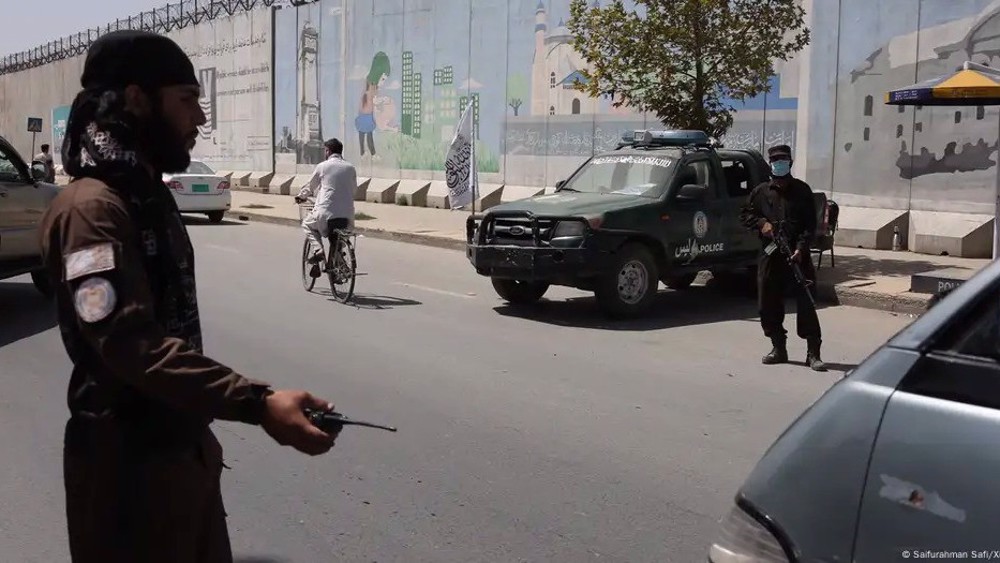
Deadly bombing attack targets Taliban ministry building in Kabul
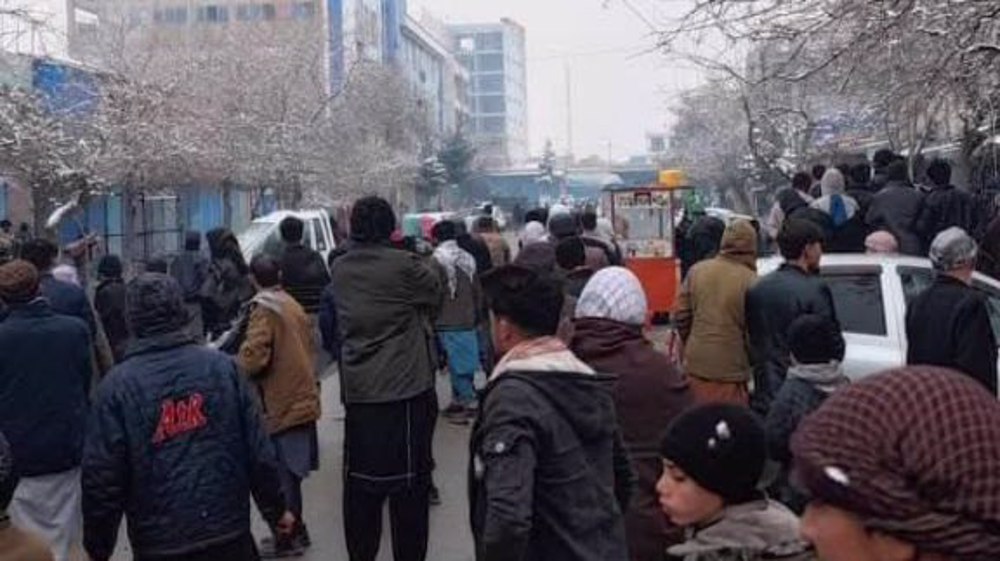
Daesh claims deadly bombing attack in northern Afghanistan
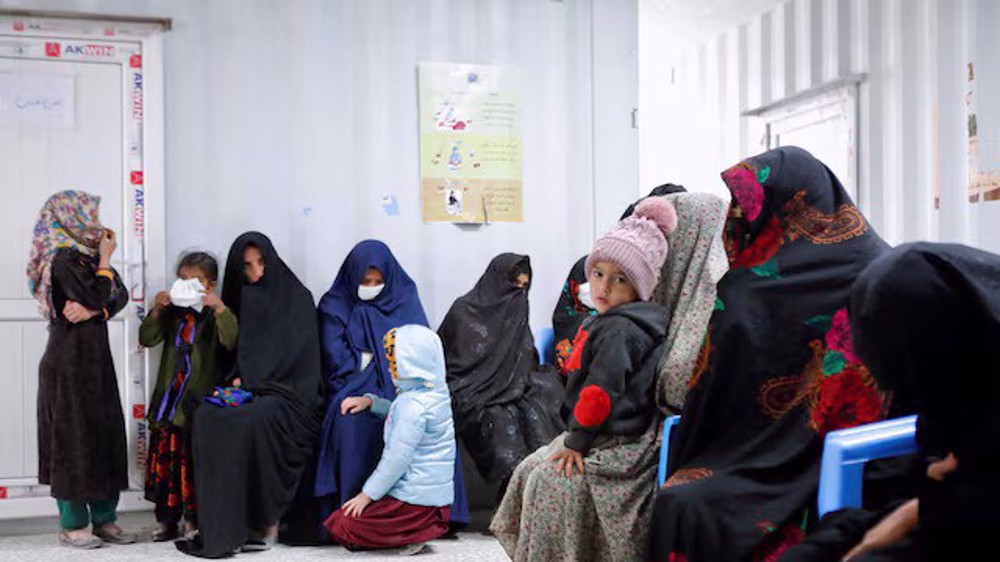
UN warns of rise in maternal deaths in Afghanistan due to US funding pause
Hezbollah's display of power proved resistance cannot be eliminated: Iran parl. speaker
Israel escalates West Bank raids as official says regime seeking to complete Gaza genocide
Australian senator smeared by anti-Iran groups for saying Iranian women 'have a voice'
Palestinian man dies in Israeli prison as Foreign Ministry urges intl. probe into regime’s crimes
Putin says not opposed to Europeans’ involvement in Ukraine talks
VIDEO | Iranian Kurdish protesters demand European action against PKK, PJAK terror
VIDEO | Israel expands offensive in northern West Bank, deploys tanks to Jenin
VIDEO | Spaniards fill streets of Cádiz in solidarity with Palestine


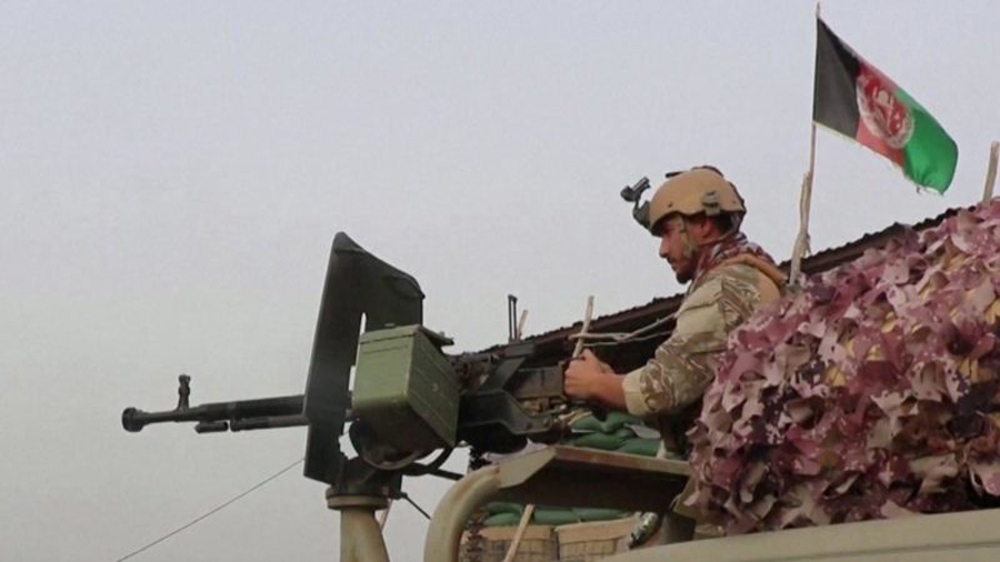
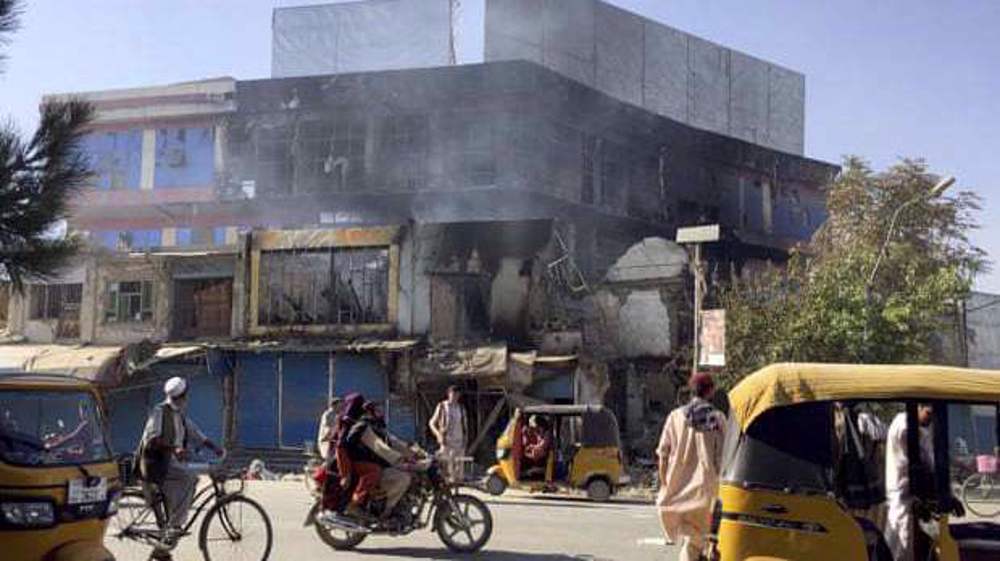
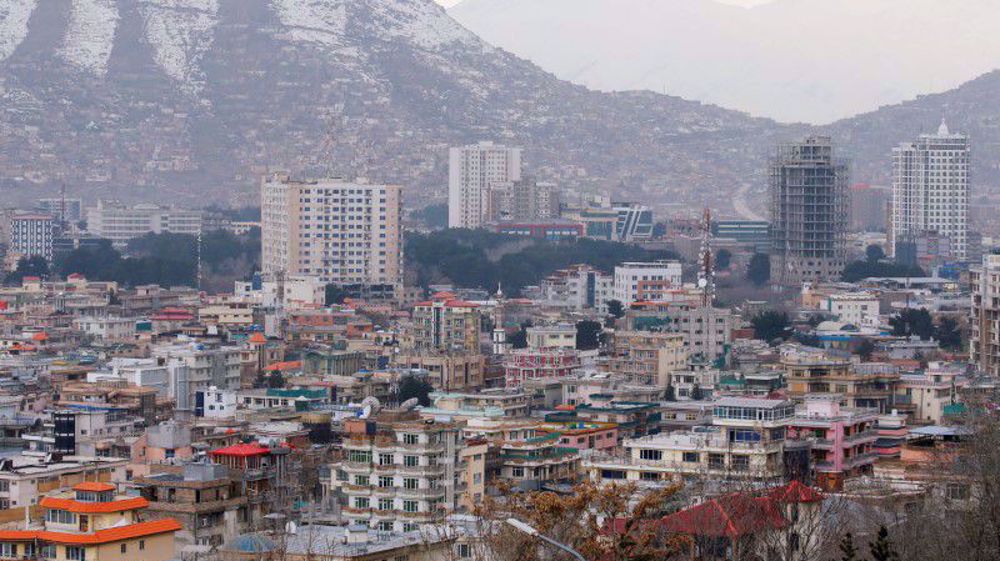
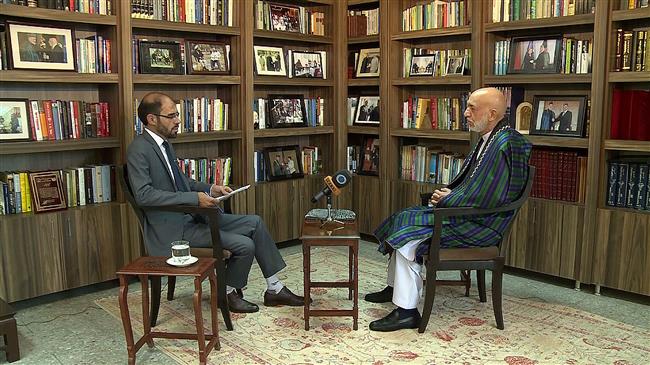



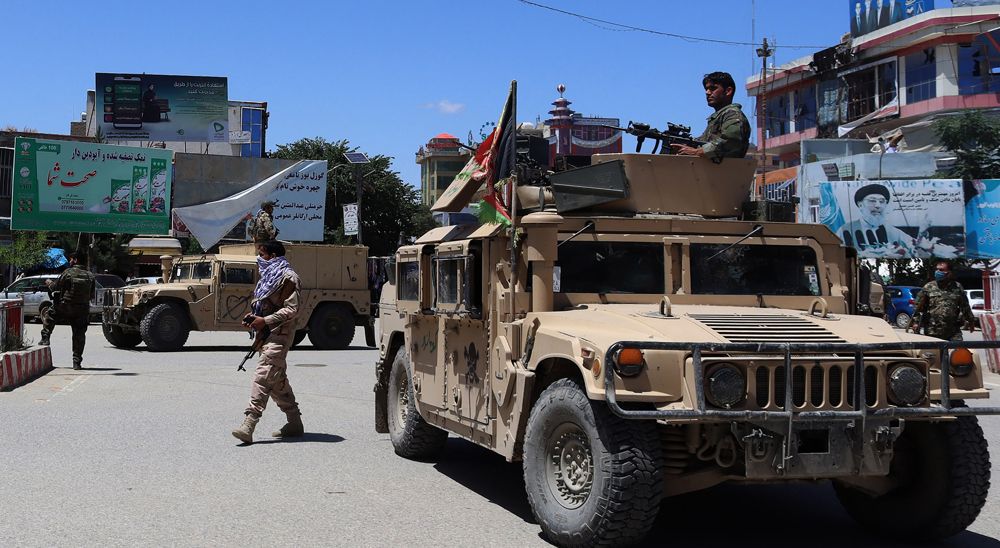
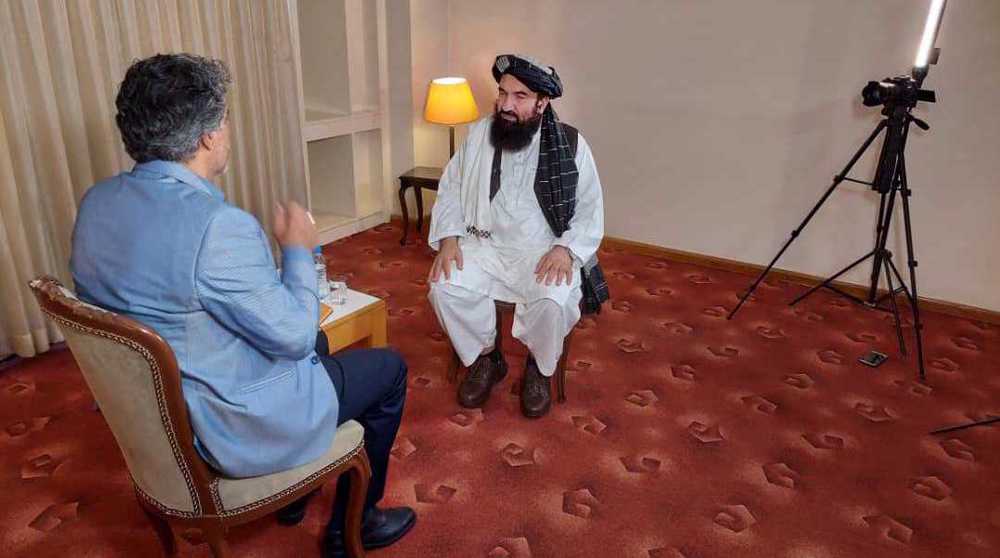
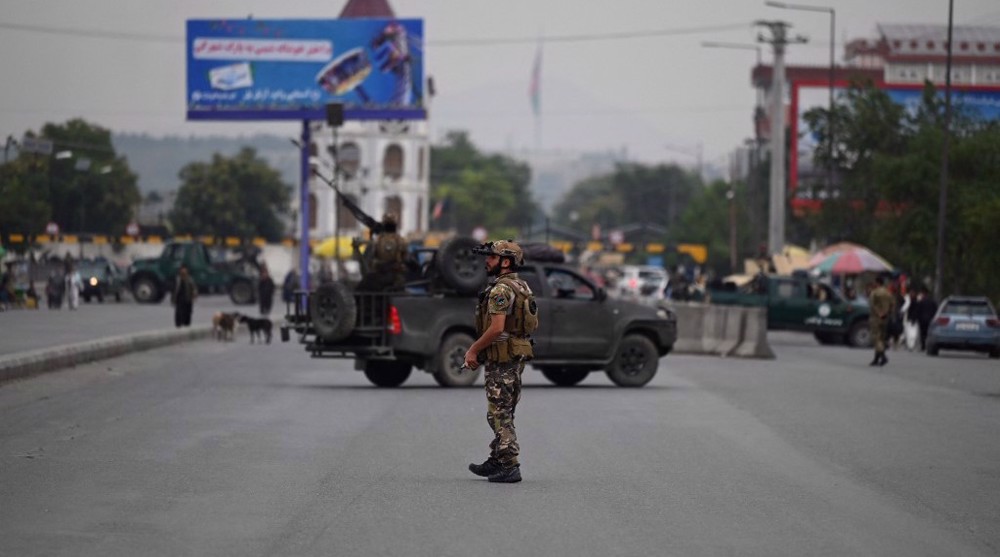
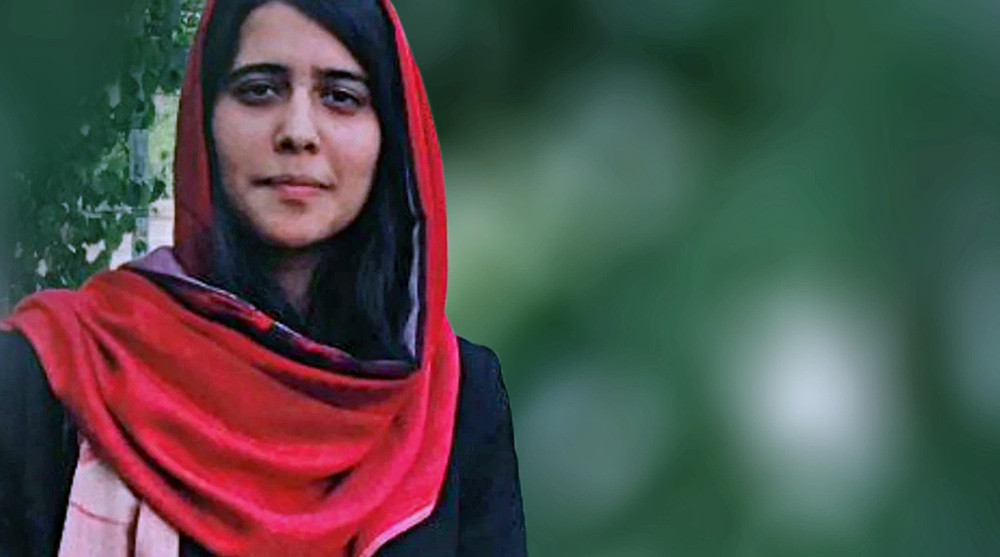
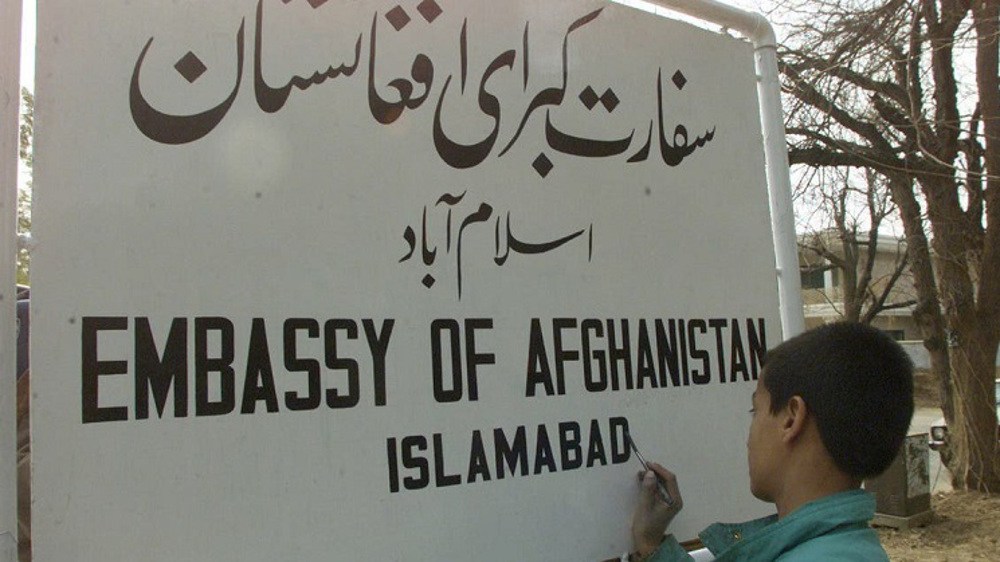
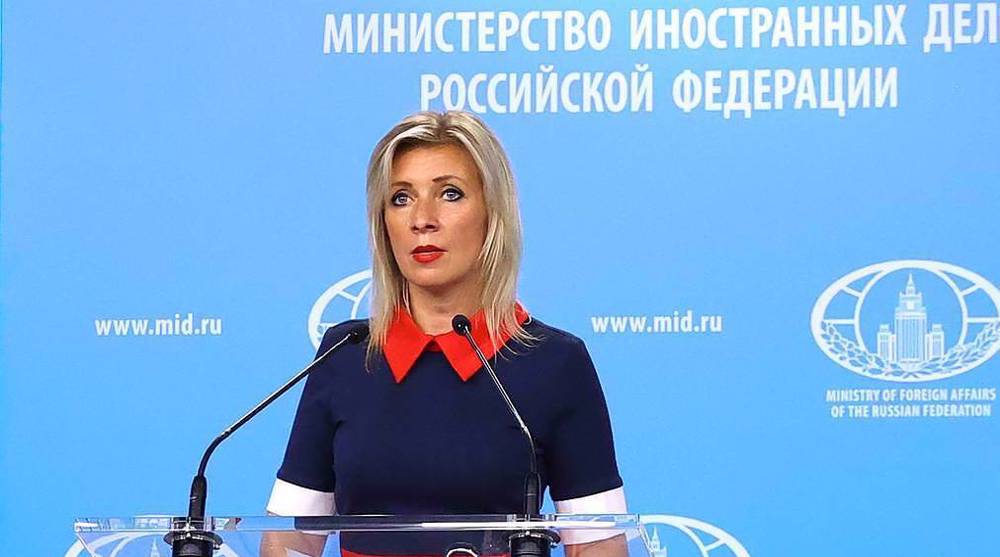

 This makes it easy to access the Press TV website
This makes it easy to access the Press TV website